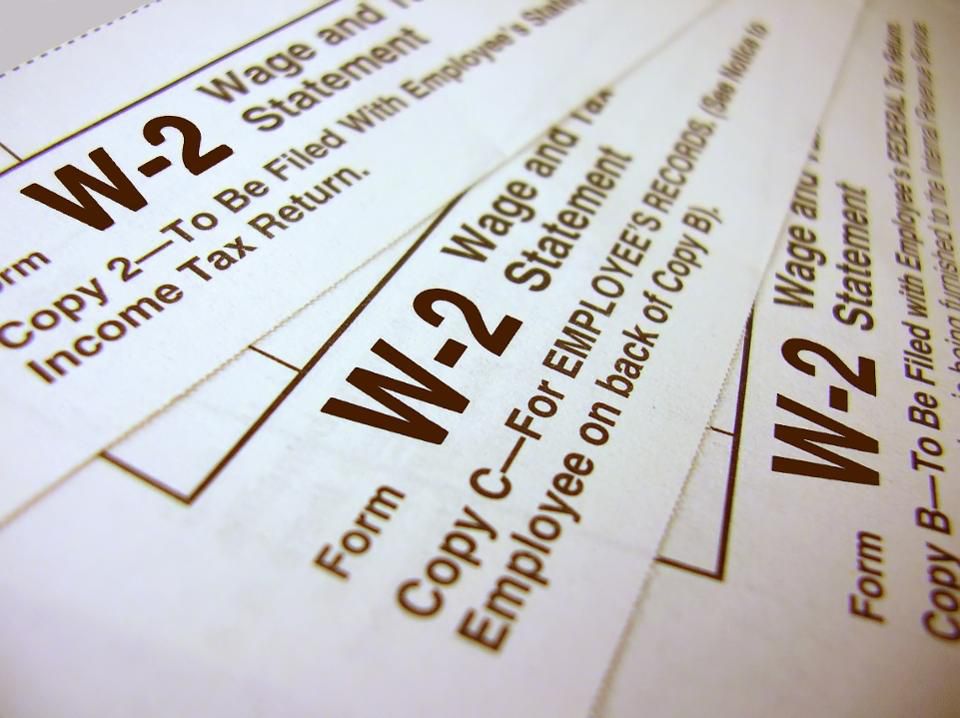DRS Surveys Employers on Payroll Tax Plan

The state Department of Revenue Services recently sent two emails to certain Connecticut employers, seeking payroll information and asking them to complete a survey.
This survey is part of an effort studying the possible implementation of a statewide payroll tax intended to mitigate the loss of certain state and local tax deductions as a result of federal tax reform.
The first email from the DRS, sent Aug. 14, explains the information request while the second, sent Aug. 15, contains the brief survey.
Lawmakers instructed the DRS—the state’s tax department—to collect the data for the Connecticut Payroll Tax Commission study.
The commission was established during this year’s General Assembly session to determine the feasibility of a payroll tax.
Survey responses are due by Oct. 1.
Legislative Plan
The survey asks four questions, including the number of people employed at the business, the total payroll, and the type of employer.
Businesses can confirm the legitimacy of the email at the DRS website.
Toward the end of the 2019 General Assembly session, Gov. Ned Lamont and some Democratic lawmakers considered a plan to replace part of the state’s 28-year-old income tax with a payroll tax.
The employer pays the payroll tax but can then decide to cut an employee’s wages by the amount of the tax—say 5%.
But the plan lacked details and appeared too complicated and relatively unknown to gain approval.
Lawmakers, instead, formed the commission.
The plan proposed replacing a portion of the state income tax with a new payroll tax.
The employer pays the payroll tax but can then decide to cut an employee’s wages by the amount of the tax—say 5%.
‘Complex’
The alternative available to the commission is to phase in the tax in stages, allowing employee pay increases to offset the amount of wages reduced by employers to pay the tax.
In theory, the employer paying the new payroll tax will be made whole by a corresponding reduction of employee wages or pay increases, and the employee is made whole by a tax credit when they file their taxes.
However, employees that are already living paycheck to paycheck may struggle as a result of reduced wages and raises—even if they do break even at the end of the year.
The proposal also likely leaves employers with the burden of explaining this “sounds too good to be true” new scenario to concerned employees.
“This proposal is complex,” a Lamont spokesperson said at the time.
“But it’s an idea worth fully vetting and exploring with our colleagues in the legislature.”
For more information, contact CBIA’s Eric Gjede (860.480.1784) | @egjede
RELATED
EXPLORE BY CATEGORY
Stay Connected with CBIA News Digests
The latest news and information delivered directly to your inbox.


